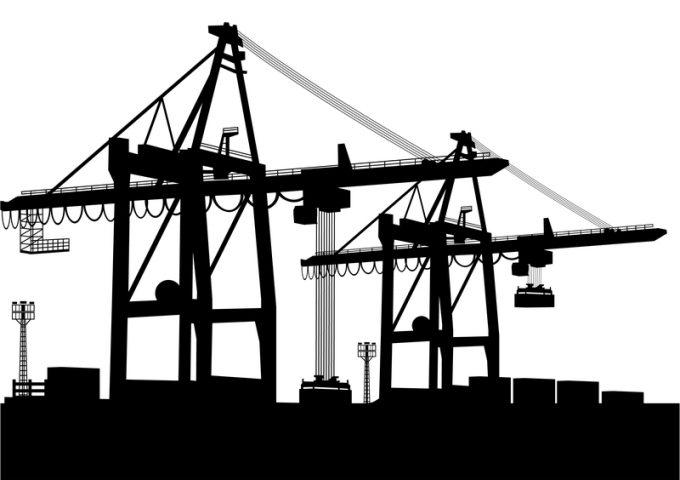Strong gains on the transpacific as US imports swell and GRIs begin to bite
Container spot freight rates on the key transpacific eastbound trade have started 2025 with strong ...

The Global Sippers Forum has renewed its campaign to end the myriad shipping surcharges levied by shipping lines on customers.
Speaking to The Loadstar shortly after the conclusion of its annual Global Shippers Forum gathering in London last week, chairman Sean van Dort described shipping surcharges as “a cancer in our industry, for which there appears to be no medicine”.
He urged countries to look at legislation introduced in Sri Lanka in 2014, which specified that all quotes for shipping containerised cargo ...
Maersk u-turn as port congestion increases across Northern Europe
Apple logistics chief Gal Dayan quits to join forwarding group
Maersk Air Cargo sees volumes fall as it aims for 'margin in favour of revenue'
Airlines slash freighter capacity post-de minimis, but 'the worst is yet to come'
Houthis tell Trump they will end attacks on Red Sea shipping
Transpac rates hold firm as capacity is diverted to Asia-Europe lanes
MSC revamps east-west network as alliance strategies on blanking vary
India-Pakistan 'tit-for-tat' cargo ban sparks sudden supply chain shocks


Comment on this article